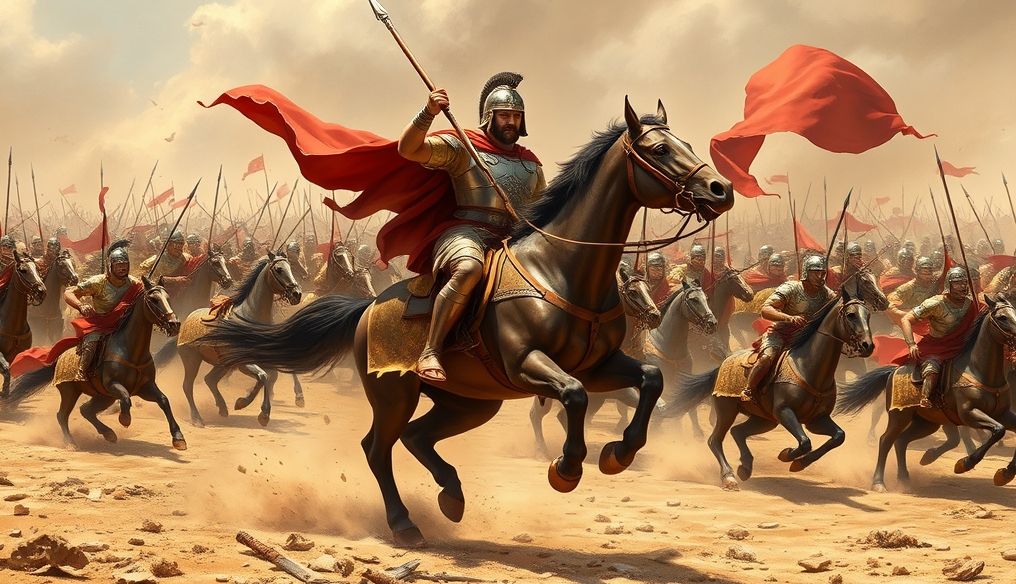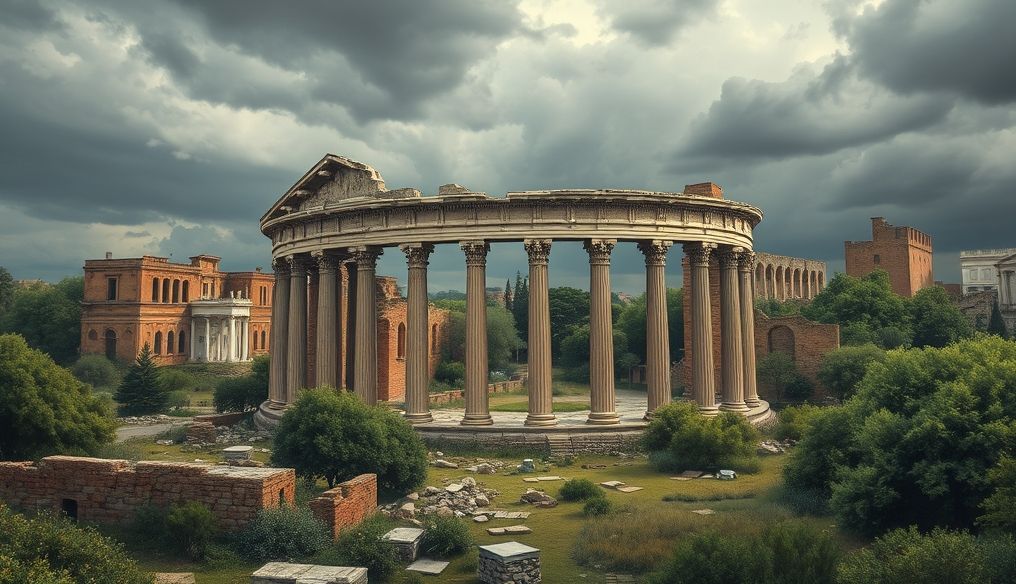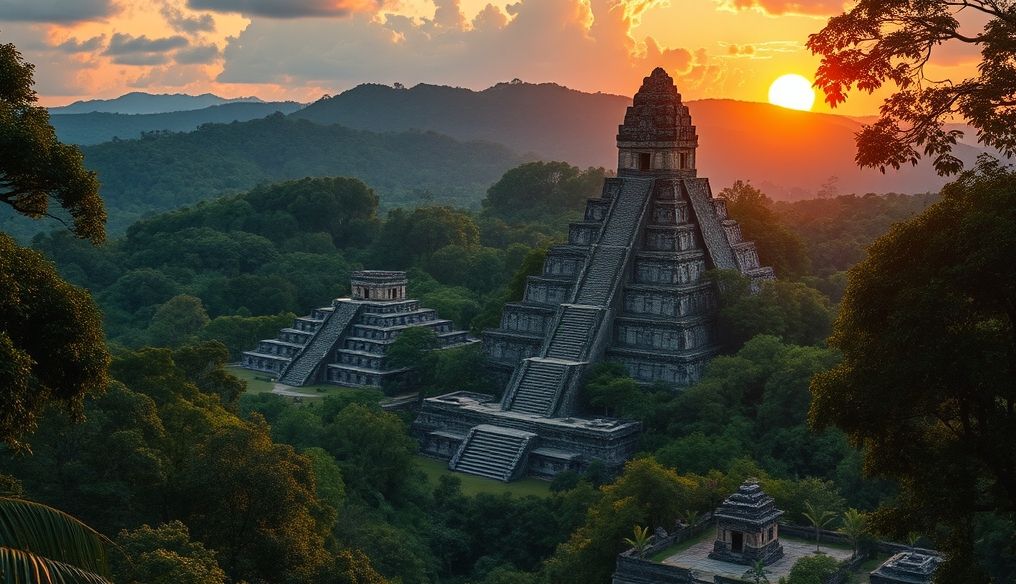Introduction: Alexander the Great - A Legend in History
Alexander the Great, or Alexander III of Macedon, is a pivotal figure in ancient history. He was not just a military leader, but also a founder of cities, a patron of culture, and a symbol of ambition and achievement. How did this young man achieve such immense influence and power?
The Origins and Education of Alexander the Great
Alexander was born in Pella, the capital of Macedonia, in 356 BC. His father was King Philip II, who unified most of Greece under his rule. Alexander received an excellent education, with Aristotle himself as his tutor. This education included not only philosophy and science but also literature and poetry, contributing to the formation of a cultured and open-minded personality.
Aristotle's Influence on Alexander
The importance of Aristotle's influence on Alexander cannot be overstated. Aristotle instilled in Alexander a love of knowledge, a search for truth, and an understanding of the world around him. He also taught him the principles of leadership and administration, and how to deal with different cultures and peoples.
Military Preparedness: The Macedonian Army
Alexander inherited a strong and well-organized army from his father, Philip II. The Macedonian army was characterized by high training, innovative tactics, and the use of advanced weapons. The Macedonian cavalry, led by the nobles, was a decisive striking force in battles.
- Phalanx Formation: The heavy infantry formation was the backbone of the Macedonian army.
- Companion Cavalry: The elite cavalry led decisive attacks.
- Archers and Light Units: Provided support and fire support.
Military Campaigns: From Greece to India
Alexander began his military campaigns after the death of his father in 336 BC. He led his army through Asia Minor, Egypt, Persia, and reached India. His victories were astonishing, demonstrating his military genius and ability to adapt to various conditions and terrains.
Battle of the Granicus (334 BC)
Alexander's first major victory over the Persians, opening the way for him to conquer Asia Minor.
Battle of Issus (333 BC)
A decisive victory over Darius III, King of Persia, led to the capture of Syria and Egypt.
Battle of Gaugamela (331 BC)
The battle that decided the fate of the Persian Empire, leading to the fall of Babylon and Persepolis.
Indian Campaign (326 BC)
Alexander reached the Indus River and defeated King Porus at the Battle of the Hydaspes, but was forced to retreat due to the exhaustion of his army.
Political Vision: Integration of Cultures
Alexander's ambition was not limited to military conquest; he had a political vision to integrate different cultures into his empire. He encouraged intermarriage between Macedonians and Persians, appointed local officials to administrative positions, and adopted some Persian customs and traditions.
I want all the peoples of my empire to live in peace and prosperity, and to participate in building a better future.
- Alexander the Great
Founding of Cities: Centers of Civilization
Alexander founded many cities throughout his empire, which bore his name, such as Alexandria in Egypt. These cities were not just administrative and military centers, but also cultural centers, contributing to the spread of Hellenistic culture in the East.
Cultural Impact: The Hellenistic Era
Alexander's conquest led to the emergence of the Hellenistic era, a period that saw the spread of Greek culture in the Middle East and Asia. This era was characterized by a mixture of Greek, Persian, and Egyptian cultures, leading to significant developments in art, architecture, literature, and science.
Death of Alexander and Division of the Empire
Alexander died in Babylon in 323 BC at the age of 32. He left no clear heir, leading to power struggles among his commanders and the division of his empire into several Hellenistic kingdoms.
The Legacy of Alexander the Great
Despite his short life, Alexander the Great left a lasting legacy in history. He is considered by many to be the greatest military leader in history, the founder of a new civilization, and a symbol of ambition and achievement. His story continues to inspire people today.
- Military Genius
- Political Vision
- Cultural Impact




